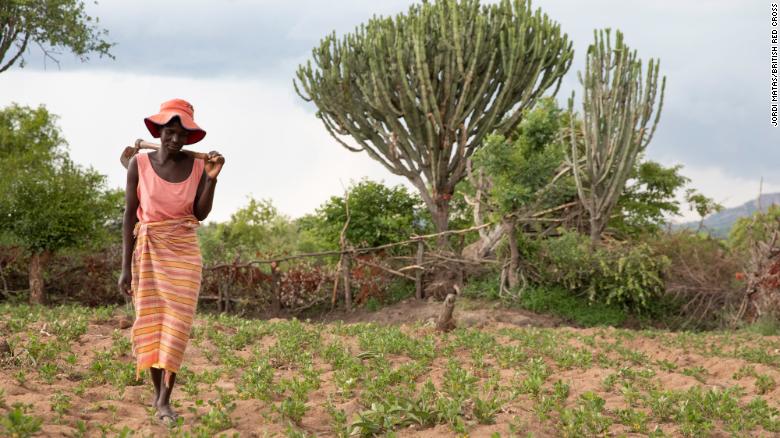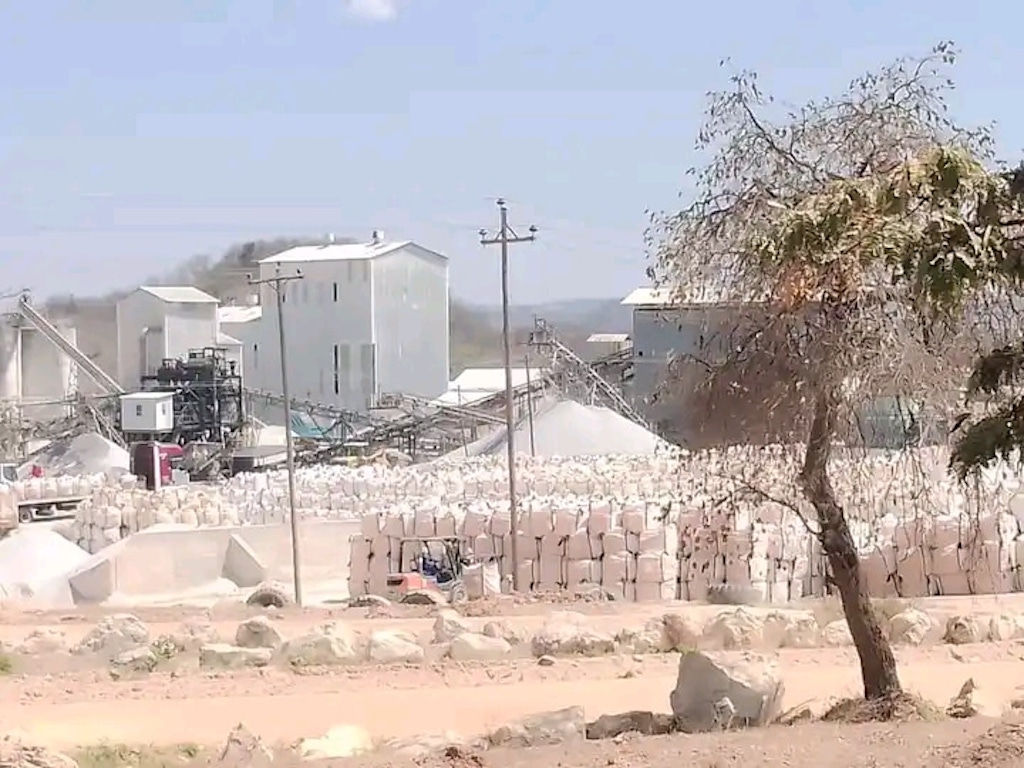Bril Njaravaza
THE Zimbabwe Resilience Building Fund (ZRBF) and Enhancing Community Resilience and Sustainability (ECRAS) are assisting farmers in Chiredzi and Mwenezi districts in Masvingo province in hybrid forecasting to combat climate change.
In a statement Monday, the ZRBF said hybrid forecasting was helping farmers in the two districts through guiding local communities on farming seasons.
“Hybrid forecsting through Seasonal Participatory Scenario Plan (PSP) is helping farmers in Mwenezi and Chiredzi to combat climate change by preparing for farming season based on seasonal forecast probabilities, including climate-related hazards, risks, opportunities and to safeguard their livelihoods,’’ the ZRBF said.
In the statement, ZRBF’s Crop and Livestock District Officer for Mwenezi, Veronica Muchechetere said the hybrid forecast was implemented after a chain of sources through consultations to predict the seasonal weather outlook.
“We create a hybrid forecast using contributions from indigenous forecasters, ranging from dreamers, prophets to traditional healers while others study the behaviour of animals or use changes in vegetation to predict the seasonal outlook. We then make use of these indicators to come up with a holistic localized forecast,’’ Muchechetere explained.
The ZRBF-ECRAS team leader Fungai Gutusa said the PSP had helped farmers to make informed decisions on which seeds to plant.
Gutusa added since the project was launched, farmers had been noted success as yields improved through the adoption of climate change.
“We have implemented PSPs with the government for the last five years of the project and we have seen great improvement in yields because farmers can now better plan and prepare for any unexpected disasters. New seed crops and varieties have been adopted for use by farmers, thereby enhancing their food security systems,” Gutusa said.
“Using both the indigenous knowledge together with Meteorological information has been very helpful. It has helped extension staff to disseminate relevant information pertaining to the season.’’
The ZRBF-ECRAS project is being led by Care International, Plan International, and International Crop Research Institute in semi-arid regions.
In Chiredzi and Mwenezi it is being implemented in 29 wards.








